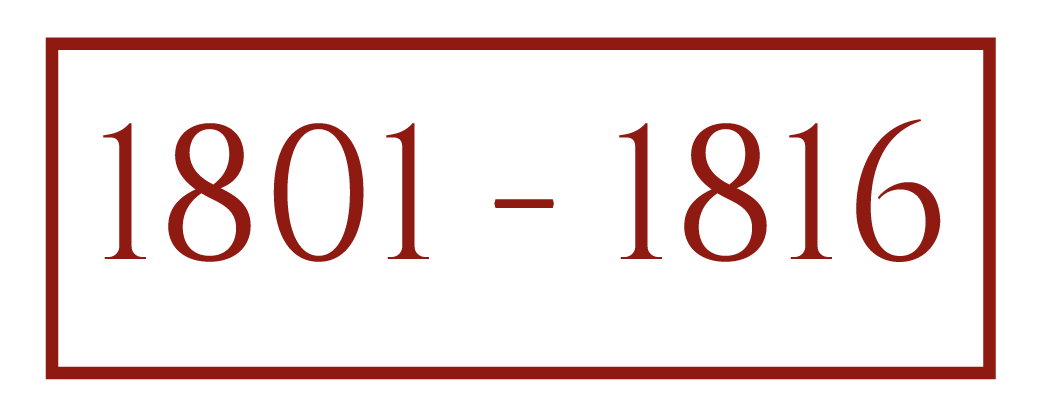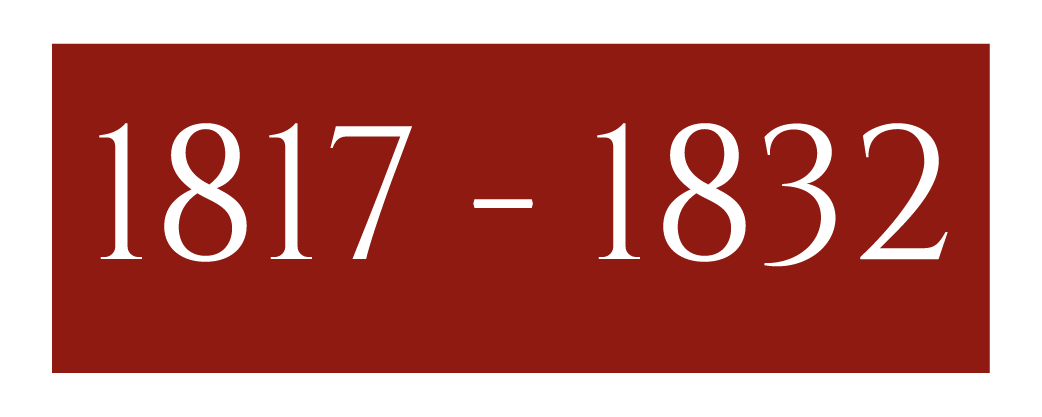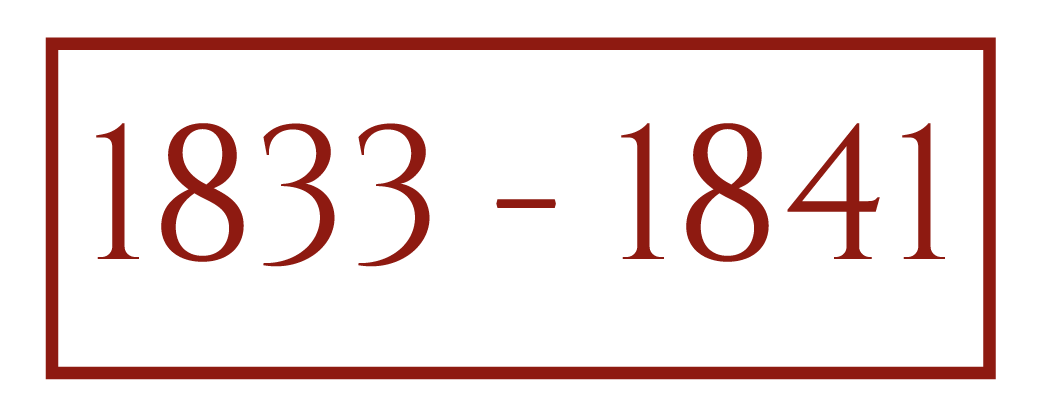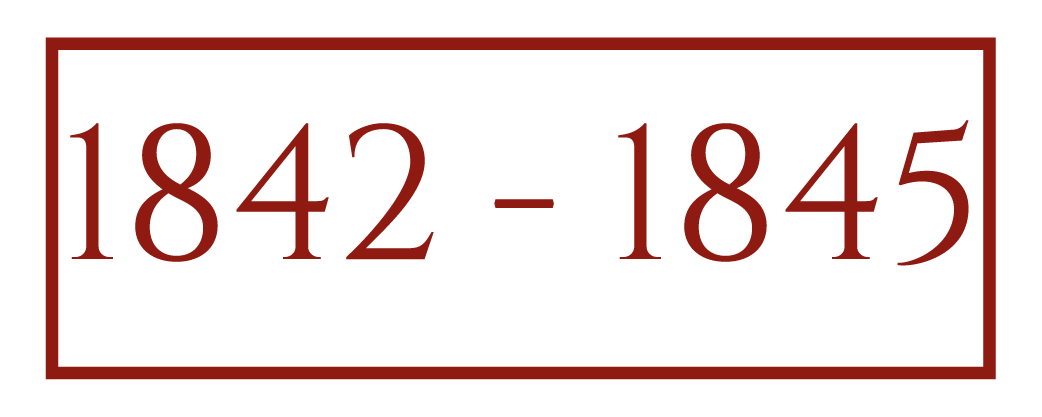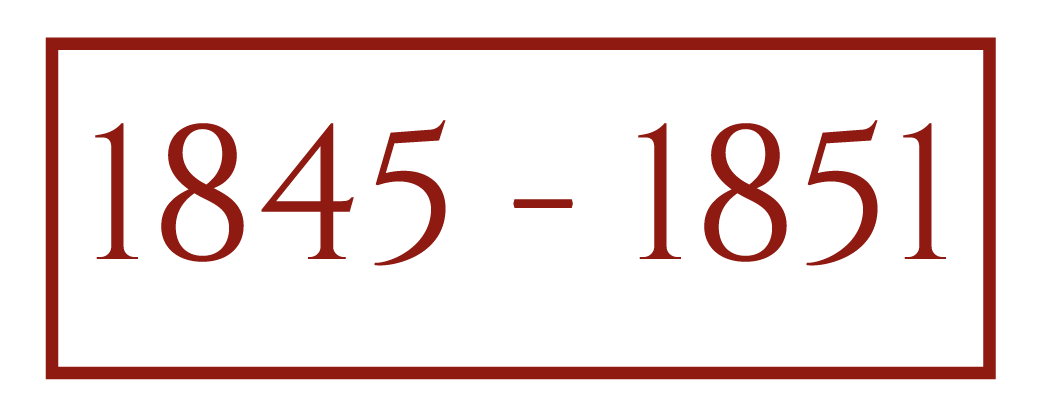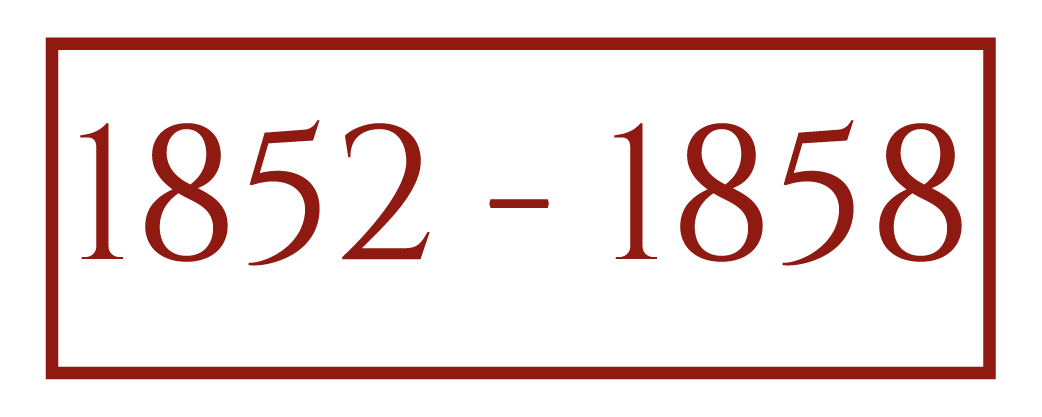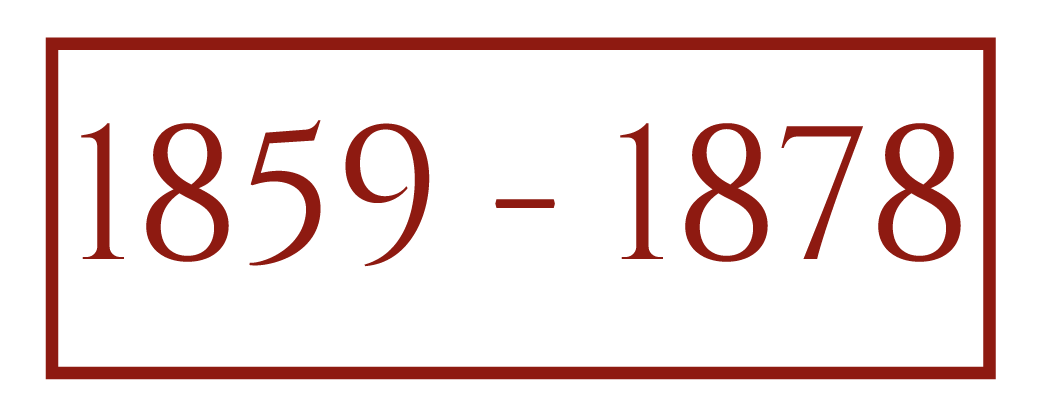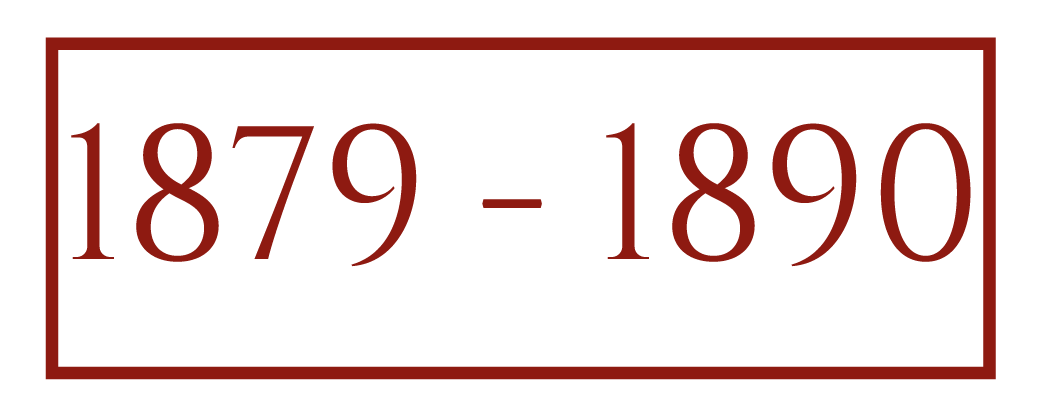1817 - 1832 | ‘I have the responsibility of souls on me.’
At the age of sixteen, Newman became an undergraduate at Trinity College, Oxford. After his undergraduate studies he was elected to a fellowship at Oriel College, at the time the leading college of the university, in 1822.
The Universities of Oxford and Cambridge were at the time part of the Anglican ‘Establishment’ and they provided the formation for Anglican clergy. Desiring to be a ‘minister of Christ’ and even wanting to take a vow of celibacy that was not common at the time, Newman pursued Anglican orders as a way of dedicating his whole life to God. He would write the day after his ordination as a deacon in 1824, ‘I have the responsibility of souls on me to the day of my death.’ Autobiographical Writings, p.201
On May 29th 1825, he was ordained a priest in Christ Church Cathedral by the Bishop of Oxford and became curate of St. Clement's Church, Oxford. In his time as curate there, Newman became known for visiting all his parishioners, especially the sick and the poor.
In 1826 Newman became a tutor at Oriel college where he began to lecture and tutor students. He took this role extremely seriously, feeling he had a religious duty to guide the young students he had been given responsibility for, to bring them to the zeal for the faith that he had discovered. However, this led the leadership of the college to accuse him of having favourites and so they refused to give Newman students from 1830 onwards.
This gave him additional time for study and here he discovered the Church Fathers, the teachers of early Christianity. Through studying them, the Catholic - meaning universal - nature of the faith, and the line of apostolic succession which had preserved and transmitted it through history became clear to him. He described his reading of the Church Fathers in this way: ‘Some portions of their teaching, magnificent in themselves, came like music to my inward ear, as if the response to ideas, which, with little external to encourage them, I had cherished so long.’
It was around this time that Newman was preaching at St. Mary the Virgin Church, the official Church of the University, in the heart of Oxford. Newman's method of preaching and his messages captivated congregations. A primary source recounts, ‘He laid his finger gently, yet how powerfully, on some inner place in the hearer’s heart, and told him things about himself he had never known til then.’ He preached with a great understanding of the human condition whilst also commanding a great knowledge of scripture. People began to travel from far away to hear him and he quickly became the most influential preacher in the country. From these beginnings, a movement would be born.

